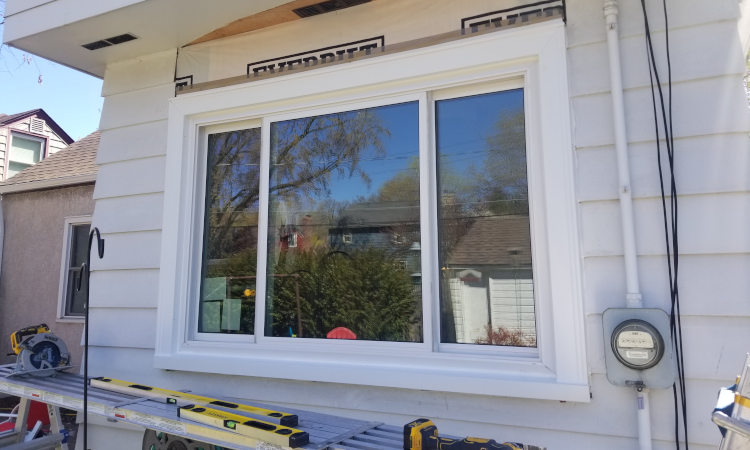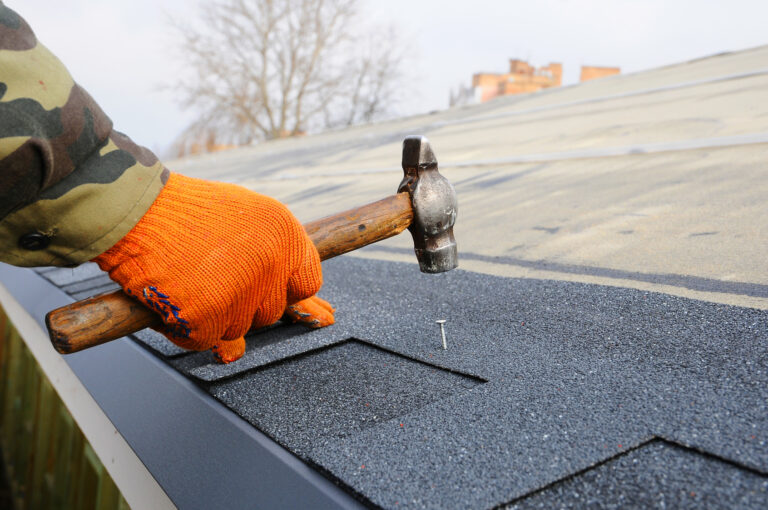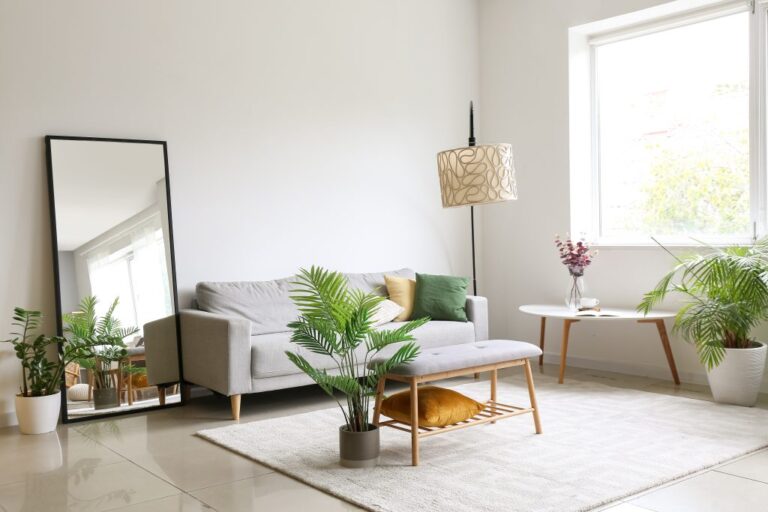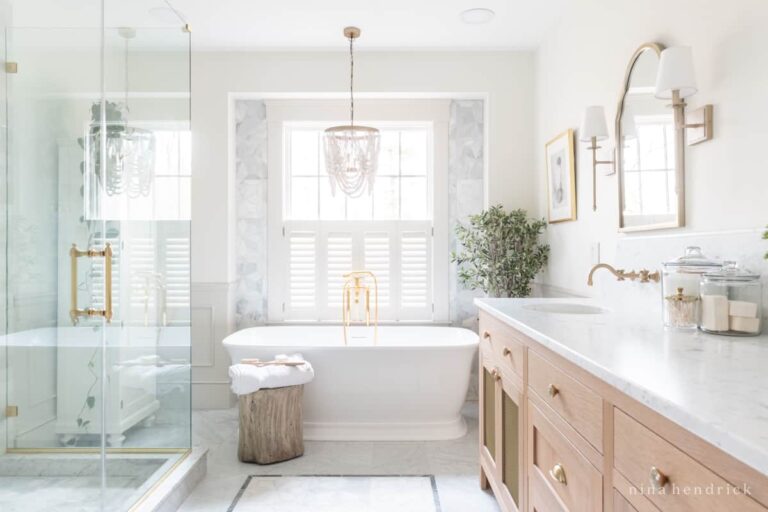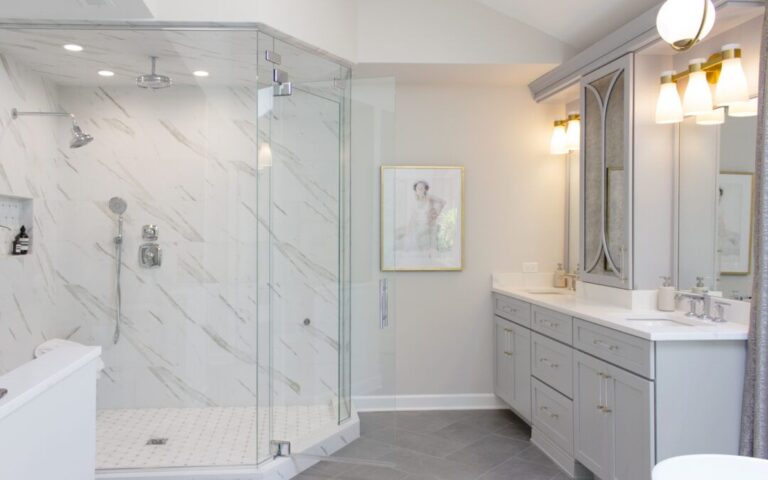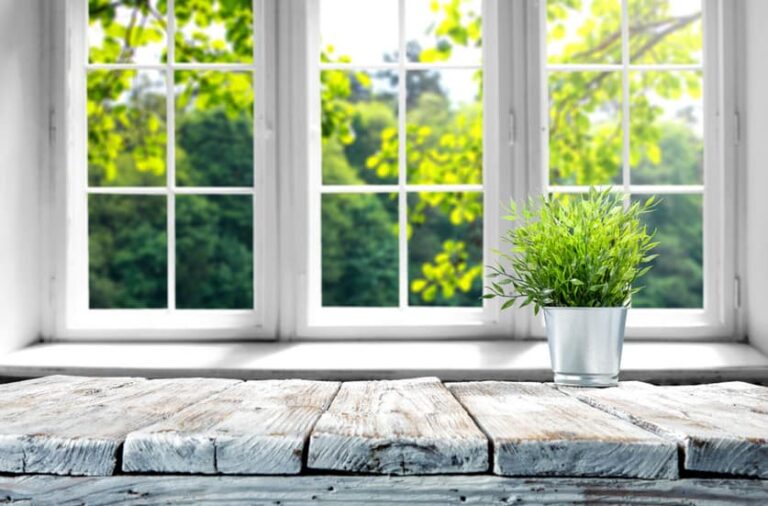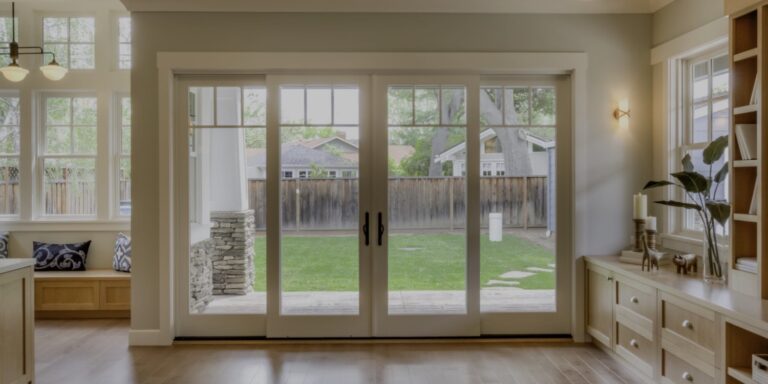How to Choose the Best Replacement Windows for Your Home
Choosing the right replacement windows for your home is a crucial decision that can significantly impact your home’s energy efficiency, aesthetics, and overall value. With so many options available, it can be overwhelming to determine which windows are the best fit for your needs. This article will guide you through the process, step by step, to help you make an informed decision.
Understanding Replacement Windows
What are Replacement Windows?
Replacement windows are designed to replace existing windows in your home without disturbing the surrounding frame or structure. Unlike new construction windows, which are installed during the building of a home, replacement windows are installed into existing window openings.
Difference Between New Construction and Replacement Windows
New construction windows are typically used in new builds or major renovations, where the walls and window openings are being constructed from scratch. Replacement windows, on the other hand, are designed for homes where the existing window frames are in good condition and do not need to be replaced.
Signs You Need Replacement Windows
Increased Energy Bills
One of the first signs that it might be time to replace your windows is an increase in your energy bills. Old or inefficient windows can allow air to escape, making your heating and cooling systems work harder to maintain a comfortable temperature.
Drafts and Air Leaks
If you feel drafts near your windows, it’s a clear sign that they are not sealing properly. Air leaks can compromise the comfort of your home and lead to higher energy costs.
Difficulty in Operation
Windows that are difficult to open, close, or lock are not only frustrating but can also pose a security risk. Over time, windows can warp or become misaligned, making them harder to operate.
Visible Damage or Decay
Visible damage, such as cracks, warping, or rot, is a sure sign that your windows need replacing. Not only do damaged windows look unsightly, but they can also compromise the structural integrity of your home.
Types of Replacement Windows
Double-Hung Windows
Double-hung windows are a popular choice for many homeowners. They feature two sashes that can move up and down, allowing for excellent ventilation and easy cleaning.
Casement Windows
Casement windows are hinged on one side and open outward with a crank. They provide excellent ventilation and an unobstructed view.
Sliding Windows
Sliding windows have sashes that slide horizontally. They are easy to operate and provide a wide view of the outside.
Awning Windows
Awning windows are hinged at the top and open outward, creating an awning-like effect. They are ideal for providing ventilation while keeping out rain.
Picture Windows
Picture windows are large, fixed windows that do not open. They are perfect for showcasing a beautiful view and bringing in natural light.
Bay and Bow Windows
Bay and bow windows project outward from the exterior wall, creating a cozy nook inside. They can add architectural interest and extra space to a room.
Window Frame Materials
Vinyl Frames
Vinyl frames are a popular choice due to their affordability, durability, and low maintenance. They are also energy-efficient and available in various colors and styles.
Wood Frames
Wood frames offer a classic, timeless look and excellent insulation properties. However, they require regular maintenance to prevent rot and decay.
Aluminum Frames
Aluminum frames are strong, lightweight, and durable. They are ideal for modern homes but can be less energy-efficient compared to other materials.
Fiberglass Frames
Fiberglass frames are highly durable and energy-efficient. They can be painted and are resistant to warping and weathering.
Composite Frames
Composite frames are made from a blend of materials, offering the benefits of each. They are strong, energy-efficient, and low maintenance.
Glass Options for Replacement Windows
Single Pane vs. Double Pane vs. Triple Pane
Single-pane windows have one layer of glass, while double-pane and triple-pane windows have two or three layers, respectively. More panes provide better insulation and energy efficiency.
Low-E Glass
Low-E (low-emissivity) glass has a special coating that reflects heat, helping to keep your home cooler in the summer and warmer in the winter.
Tempered Glass
Tempered glass is treated to be stronger and more resistant to breakage. If it does break, it shatters into small, less dangerous pieces.
Laminated Glass
Laminated glass has a layer of plastic between two layers of glass, providing extra strength and security. It also offers better sound insulation.
Energy Efficiency
Importance of Energy-Efficient Windows
Energy-efficient windows can significantly reduce your energy bills by improving your home’s insulation. They help maintain a consistent indoor temperature, reducing the need for heating and cooling.
Energy Star Ratings
Energy Star ratings are a reliable indicator of a window’s energy efficiency. Look for windows with high Energy Star ratings to ensure optimal performance.
U-Factor and Solar Heat Gain Coefficient (SHGC)
The U-Factor measures how well a window insulates, while the SHGC measures how much heat from the sun is transmitted through the window. Lower U-Factor and SHGC values indicate better energy efficiency.
Window Styles and Aesthetics
Matching Window Styles with Your Home’s Architecture
Choosing windows that complement your home’s architectural style is essential for maintaining its curb appeal. Consider the overall design and era of your home when selecting window styles.
Customization Options
Many window manufacturers offer customization options, allowing you to choose the color, finish, hardware, and grid patterns that best suit your home.
Cost Considerations
Factors Affecting the Cost
The cost of replacement windows can vary based on factors such as material, style, size, and energy efficiency. Custom options and installation fees can also impact the total cost.
Budgeting for Replacement Windows
Setting a budget for your replacement windows is essential. Consider the long-term savings on energy bills and the potential increase in home value when determining your budget.
Cost vs. Value
While replacement windows can be a significant investment, they often provide excellent value in terms of energy savings, comfort, and increased home value.
Installation Process
DIY vs. Professional Installation
While some homeowners may choose to install replacement windows themselves, professional installation is recommended to ensure proper fit and function. Professional installers have the expertise and tools to handle the job correctly.
Steps Involved in Window Installation
The installation process typically involves measuring the window openings, removing the old windows, preparing the openings, installing the new windows, and sealing them to prevent air and water leaks.
Maintenance and Care
Tips for Maintaining Replacement Windows
Regular maintenance, such as cleaning the glass, lubricating moving parts, and inspecting the seals, can help extend the life of your replacement windows.
Common Issues and Solutions
Common issues with replacement windows include condensation between panes, difficulty in operation, and drafts. Addressing these issues promptly can prevent more significant problems down the line.
Choosing a Reliable Window Manufacturer
Research and Reviews
Researching window manufacturers and reading customer reviews can help you find a reliable company that offers quality products and excellent customer service.
Warranty and Customer Support
A good warranty and responsive customer support are essential when choosing a window manufacturer. Ensure that the company stands behind its products and is willing to address any issues that may arise.
Hiring a Professional Installer
How to Find a Qualified Installer
Finding a qualified installer involves researching local companies, asking for recommendations, and checking credentials. Look for installers with experience and positive reviews.
Questions to Ask Your Installer
When interviewing potential installers, ask about their experience, certifications, insurance, and warranty. Inquire about the installation process and any additional costs.
Benefits of Replacing Your Windows
Improved Energy Efficiency
Replacing old windows with energy-efficient ones can significantly reduce your energy bills and improve the comfort of your home.
Enhanced Home Value
New windows can increase your home’s value and appeal to potential buyers, making them a worthwhile investment.
Increased Comfort and Aesthetics
Replacement windows can enhance your home’s aesthetics, provide better insulation, and reduce noise from outside, creating a more comfortable living environment.
Conclusion
Choosing the best replacement windows for your home involves considering various factors, including window types, frame materials, glass options, energy efficiency, and cost. By understanding these elements and following the tips provided, you can make an informed decision that enhances your home’s comfort, value, and aesthetics.
FAQs
How long do replacement windows last?
Replacement windows typically last between 15 to 20 years, depending on the material and maintenance. High-quality windows can last even longer with proper care.
Can I install replacement windows myself?
While it’s possible to install replacement windows yourself, professional installation is recommended to ensure a proper fit and function, which can prevent potential issues down the line.
What is the best material for window frames?
The best material for window frames depends on your preferences and needs. Vinyl frames are affordable and low-maintenance, wood frames offer a classic look, and fiberglass frames are durable and energy-efficient.
How do I measure for replacement windows?
To measure for replacement windows, you’ll need to take precise measurements of the width and height of the existing window openings. It’s best to measure at three points (top, middle, and bottom) and use the smallest measurement.
Are replacement windows worth the investment?
Yes, replacement windows are worth the investment. They can improve your home’s energy efficiency, increase its value, and enhance overall comfort and aesthetics.
